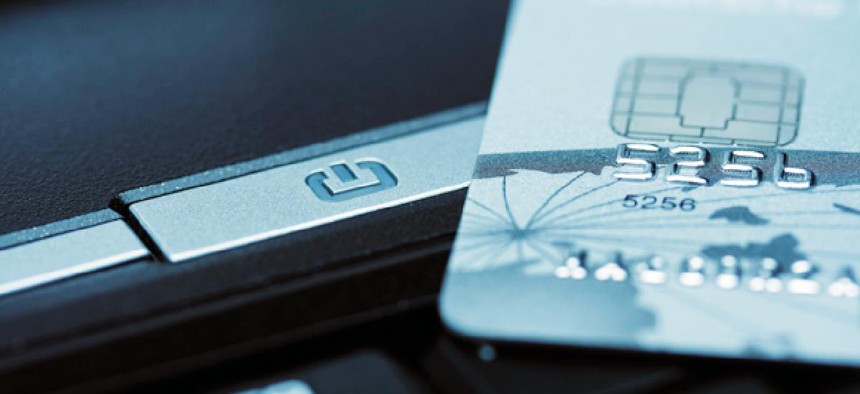Buyer beware: Mobile payments might not be protected

Thinkstock
Financial regulations may not apply to consumers if data is compromised, officials say.
Some current financial rules may not be fully up to the task of regulating the growing number of mobile payment systems, government officials told a House subcomittee on Friday.
Stephanie Martin, associate general counsel for the Federal Reserve Board of Governors, warned members of the House Financial Services Subcommittee on Financial Institutions and Consumer Credit that in the broader regulatory scheme, many mobile systems may not be covered, especially those used by people or organizations that aren't banks.
"Many of our payments laws were initially drafted long before mobile payments (or the devices that facilitate them) were even envisioned. Therefore, those laws may not be well-tailored to address the full range of mobile payment services in the marketplace," Martin said in her written statement.
Mobile payments usually refer to making purchases, bill payments, charitable donations, or payments to other persons using a mobile device, with the payment applied to a phone bill, credit card, or withdrawn directly from a bank account.
As mobile payment options have multiplied, however, concerns have been raised over ensuring that the transactions are secure and private; and that consumers have recourse if something goes wrong.
Transactions through financial organizations like banks are usually covered under existing rules, but mobile devices have helped expand payement options to organizations that haven't traditionally been involved in electronic money transfers. It's those organizations and individuals, Martin said, that may or may not be covered by laws.
"The applicability of existing laws to nonbanks that are providing mobile payment services often depends on the nonbank’s role in the transaction," she said, and the application of laws can often be subject to the inpretation of regulators at a range of agencies.
Still, mobile payment systems are already well protected by regulations designed to prevent money laundering and funding for terrorism, Jame Fries, director of the Treasury Department's Financial Crimes Enforcement Network, told the panel.
"In the area of new payment methods, the Administration has made appropriate oversight of prepaid access products a priority, and as a result the Treasury Department’s efforts in this regard have increased significantly over recent years through targeted regulatory measures, outreach to regulatory and law enforcement counterparts and our partners in the private sector," Freis said.





